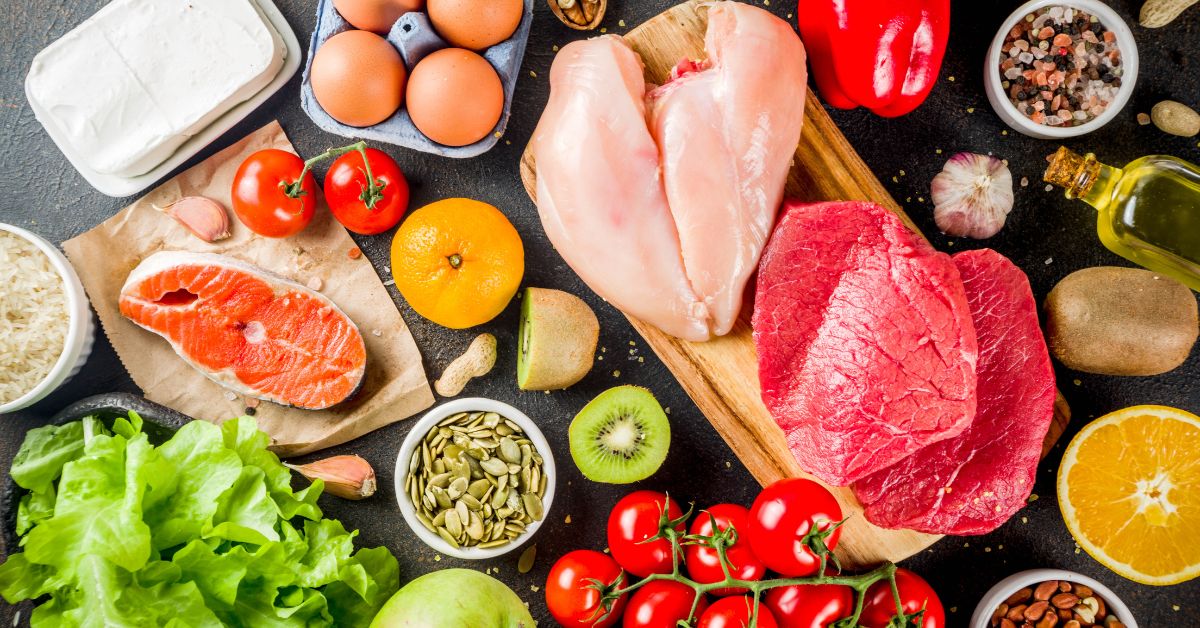Choosing the best diets for people with heart disease is a growing concern, since one of the main causes of heart disease, as well as vascular disease such as heart attacks, strokes, hypertension and the accumulation of fat in the arteries, is obesity.
The leading cause of death in Brazil since the 1960s, heart disease is a constant concern for cardiologists and other specialists, who seek to treat this type of disease in the best way possible and, above all, work to prevent it.
Therefore, choosing the most suitable menu for these patients, as well as recommending physical activity and drinking more water, for example, is part of the routine for health professionals all over Brazil.
In today's article, we'll talk about the impact of diet on heart disease and what the best diets for heart disease are. Check it out.
Dangers of a poor diet for heart disease patients
It's no news that a diet low in nutrients and high in fat and sodium can cause numerous problems, including obesity and hypertension, which are the biggest causes of cardiovascular disease in the country.
This becomes even more serious for people who already have some form of heart disease and who need to keep an eye on both their vital signs and their general quality of life.
According to the long and comprehensive study "Health effects of dietary risks in 195 countries, 1990-2017: a systematic analysis for the Global Burden of Disease Study 2017", carried out in 195 countries over 27 years, more than 10 million people have died around the world because of poor diet.
Best diets for heart patients: with or without meat?
This is a question on many people's minds. Although they are already aware of the need to reduce fat, salt, sugar and ultra-processed foods, they are not sure about red meat consumption.
And this is also due to the popularization of vegan and vegetarian diets, which are winning over thousands of people around the world.
Research UK Biobank
And to answer this question in the best way possible, UK Biobank conducted a 4-year survey of over 422,791 people, 55.4% of whom were female.
In the study, subjects were taken who were on one of four diets:
- red meat eaters,
- vegetarians (who don't eat any kind of meat),
- fish eaters,
- white meat eaters, including fish and chicken.
Among these 4 profiles, 94.7% ate red meat and it was found that these people were more likely to develop overweight than the rest of the sample.
On the other hand, fish eaters had lower risk rates for stroke, HF, CVD and MI.
Is going vegetarian the solution?
Despite the data that vegetarians have a lower incidence of CVD, this was the only positive indication compared to the meat diet.
This is because although they don't eat animal proteins, these people don't necessarily have a healthy diet and high intakes of foods such as French fries are far from ideal for those with heart disease.
To eat meat or not to eat meat?
According to the research, in general, those who eat fish are the healthiest, so this food is recommended both for patients with heart disease and those who are struggling to overcome obesity.
Thus, the conclusion of the study is that types of meat with a higher fat content, such as red meat, should be eaten less or avoided, depending on the individual's general state of health.
However, it is recommended that the diet be prescribed after routine examinations and a thorough assessment of the patient's eating habits.
Now that you know what the best diets for heart disease are, take the opportunity to continue reading on our blog. How about learning more about therelationship between Covid-19 and cardiovascular problems?



